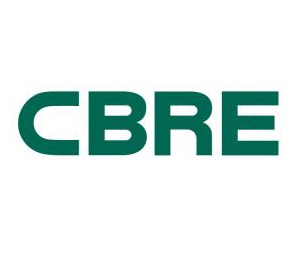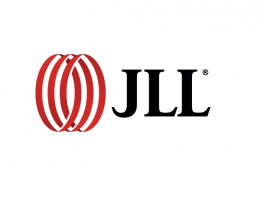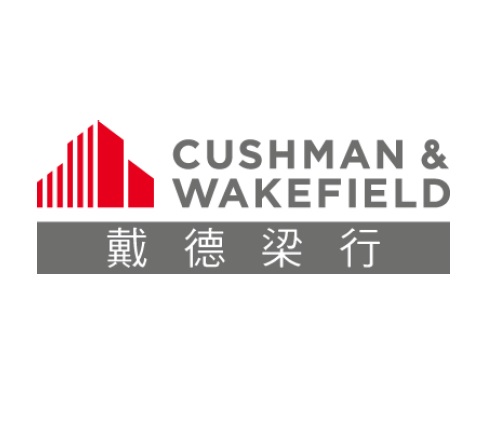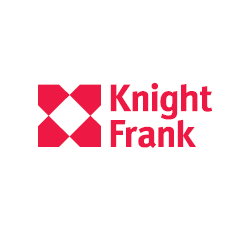(22 July 2024, Hong Kong) Geopolitical challenges continue to influence the data centre plans of multinational retail and enterprise companies in Hong Kong. The slowing Chinese economy has also hindered mainland Chinese occupiers, the primary market participant, from being active, according to a new report from CBRE.

Hong Kong is a major connectivity and commercial hub, acting as a gateway to China. “The demand for data centres surged during the pandemic due to the shift towards using more cloud-based systems,” said Samuel Lai, Executive Director, Head of Advisory & Transaction Services – Industrial & Logistics, CBRE Hong Kong. “Data centres have proven to be an appealing alternative asset for investors as the leases can be as long as 20 years, indicating a stable, guaranteed return.”
The research report unveils that recent data centre supply has outpaced demand, resulting in higher vacancy levels. While mainland Chinese companies and international hyperscalers drive most absorption, Hong Kong IT service providers have also boosted regional take-up. The current wave of supply is expected to continue until mid-2025 before tapering off, allowing a more balanced long-term supply-and-demand scene.
“Large multinational and domestic hyperscalers have leveraged the high vacancy rate to secure large transactions over the past year. Despite macroeconomic challenges, Hong Kong continues to attract data centre occupiers with new supply and competitive pricing, robust economic and network infrastructure, and its role as a regional commercial hub with strategic proximity to mainland China. Given the limited new land and power supply, developers and operators might consider retrofitting existing industrial buildings for supply after 2026,” added Samuel Lai.
In Asia Pacific, ongoing power shortages are driving the development of emerging data centre markets while fueling rent increases in established markets globally.
“Securing reliable power is the top priority for data centre operators across Asia Pacific,” said Dedi Iskandar, Head of CBRE Data Centre Solutions, Advisory & Transaction Services, Asia Pacific, CBRE. “Markets with accessible, cost-effective power sources are becoming hotspots for data centre expansion.”
The growth of artificial intelligence (AI) is a major driver behind the record levels of data centre demand. This trend is intensifying the need for innovative data centre designs and technologies, leading to new development or conversions of unused industrial space.
CBRE’s Global Data Centre Trend Report 2024 analyzes key variables, such as total inventory, vacancy rates, net absorption, pricing and rental rates, and availability, in established and emerging markets across North America, Europe, Asia Pacific and Latin America.
To read the full report, click here.



















